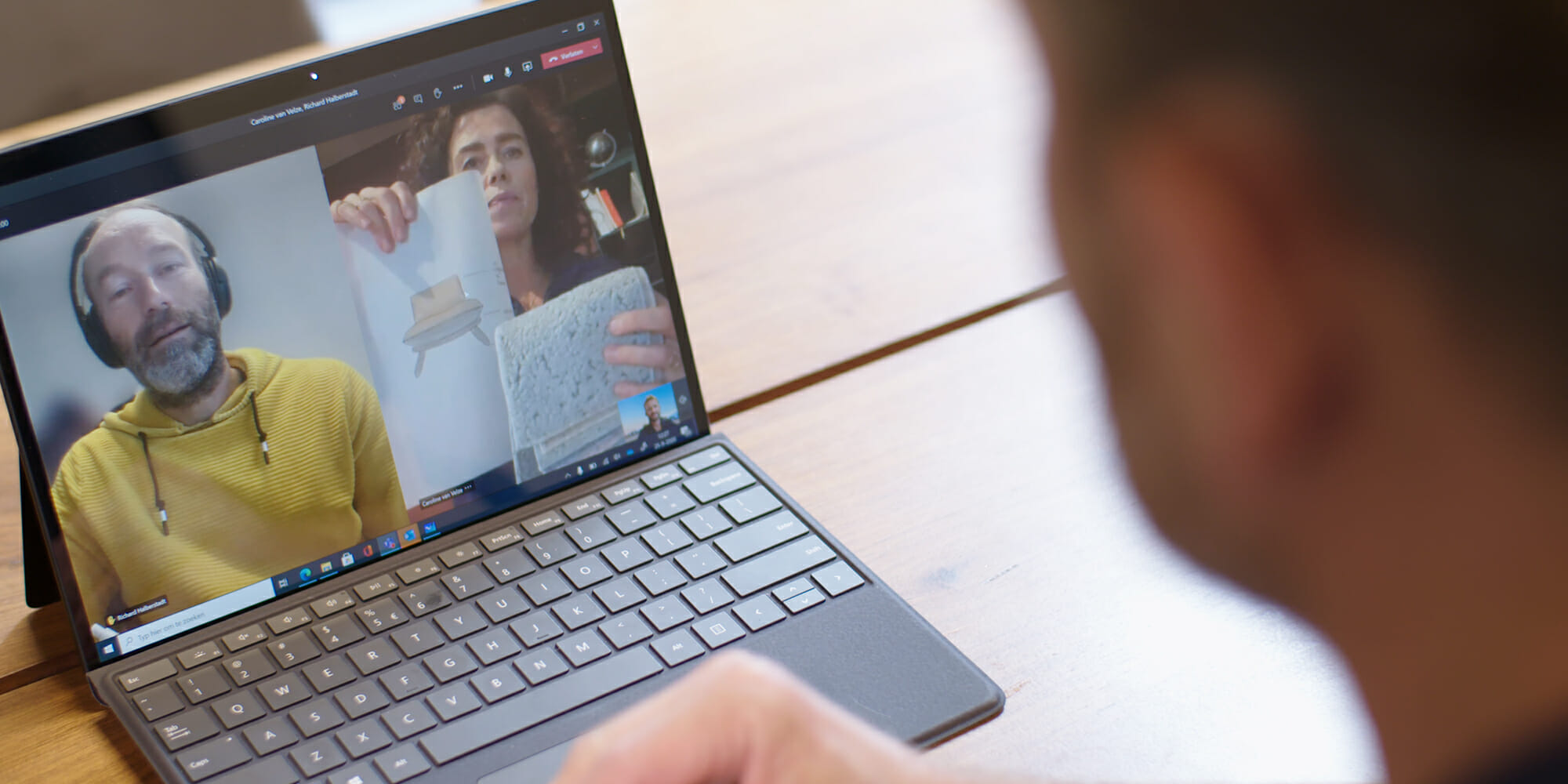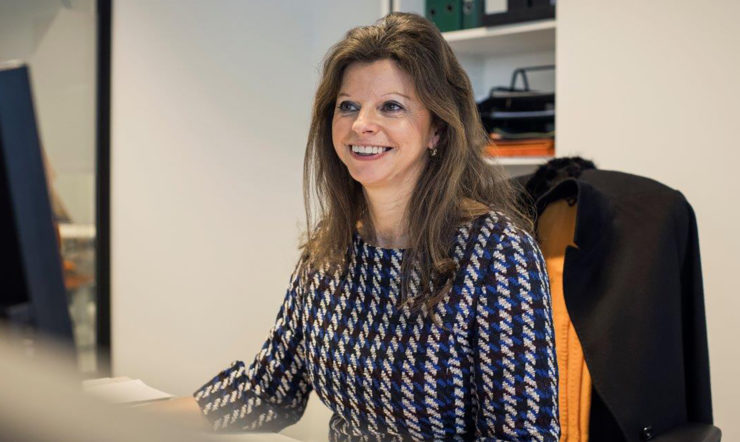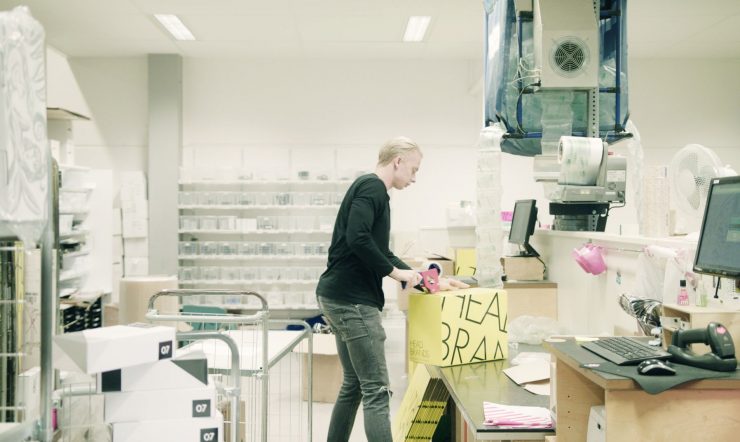“Since moving to the cloud, there are no limitations anymore. And I’m certain without this technology, we would not have seen the growth we have today.”
Jaap Landsaat, CFO and Head of IT at Dutch furniture designer Zuiver, is talking about the profound impact technology has had on the business he co-founded more than 20 years ago.
“Back then, we had 100 orders a week and just a handful of people to fill them,” he says. “Now that’s grown to around 8,500, and technology has helped us scale up without needing hundreds of people to manage each order by hand.”
Zuiver migrated to the cloud back in 2018 to help its growing number of employees and suppliers worldwide communicate and collaborate efficiently. A move that also helped the company smoothly transition to remote working during the COVID-19 crisis – ensuring both business and social interactions could continue like normal.
“The nicest thing is that after 20 years we still have the same culture. We’ve gone from four founders to around 100 people, but everyone can still work and collaborate in an informal way both in and out of the office.
“And that’s because of the Microsoft products we are using today.”
From childhood start-up to global designer
Zuiver’s story starts back in 1998, with four friends founding two different furniture companies in the Netherlands – one selling directly to stores as wholesale and another outlet model that sold to customers.
“We had sales agreements with certain Italian and German producers to sell their items exclusively in the Netherlands,” says Landsaat. “But after a couple of years we wanted to be bigger and better, so tried to find the factories behind the products we sold to see if we could make them ourselves. We were pretty successful, and once we had a logistics partner, we quickly grew 30% year-on-year.”
“In 2011, we decided to trade under one name for our organization and our interior collection – Zuiver.”
The Dutch designer continued to grow rapidly, soon selling their contemporary furniture in more than 80 countries worldwide. But with the added complexity that comes with having staff and suppliers based across the world, Zuiver saw an opportunity to use technology to make their business processes more efficient – moving their entire operation into the cloud through a Microsoft 365 solution.
Supporting a company culture through the cloud
With the help of Microsoft partner, Advisor ICT Solutions, Zuiver began migrating to the Microsoft cloud as part of their head office relocation in 2018.
“Removing our physical servers opened up new possibilities to use Microsoft programs,” explains Landsaat. “OneNote and SharePoint were adopted pretty quickly, and we promoted Microsoft Teams as an easy way to work in small project groups or as a department when you all needed access to the same document.”
With big changes across Zuiver, including implementing Microsoft Teams as a cloud-based phone system, Advisor ICT Solutions offered training courses to help employees quickly adopt these new tools and learn how they can be used to streamline both supplier and customer-facing processes.
“It was a big shift for everybody,” Landsaat adds. “So on top of the training offered by Advisor, we also developed our own intranet and created support groups on Yammer to keep having these conversations and letting people learn off each other and ask questions.
“Yammer’s become a really handy platform to share company information securely, and people now use Teams chat for meet-ups outside the office too, which is a great fit for our company.”
Embracing a remote-working model
“I think it was March 15th when our Prime Minister asked everyone to stay home,” says Landsaat, as he recalls the company’s rapid transition to remote working to meet COVID-19 restrictions.
“It was a difficult period with the markets closing down, but it was also a chance for Teams to be really embraced across Zuiver. Everyone realized how easy it was to host meetings and work across the same documents, and it allowed us to form project groups that could effectively work together – even from different sides of the globe.”
With other Microsoft 365 tools already implemented, Zuiver had all the measures in place to keep both supply chain and shipping processes in check, and ensure their entire workforce could continue to operate effectively outside of the office.
“The technology is actually empowering me to do what I do best,” says Caroline van Velze, Creative Director and co-founder of Zuiver.
“Every month I would travel all over the world to check samples and have contact with our production areas, but now this design process can all be achieved through video calling – and I can still be creative because I draw by hand.”
“We’ve always had a very informal way of working together – our Zuiver DNA,” she adds. “Be proud of what you’re doing and have fun while you’re doing it, and Teams has really helped that continue outside the office with social activities like yoga lessons and Friday afternoon drinks still taking place from home.”
“From a mental health point too,” says Landsaat. “It can be hard to not see colleagues face-to-face anymore. But with a tool like Teams, you can just turn your camera on and feel part of the office again. It’s a great way to work together.”
A modern working environment for every employee
As Zuiver now reflects back on the last two years, the benefits of technology have left a lasting impression not just on the company but also the way people work day-to-day. An outcome Landsaat is sure will continue to impact their culture both now and in the future.
“This period has shown how effectively we can all work together from a distance,” he says. “We can stay in contact and maintain the same output and efficiency whether people are in the office or at home, which is all possible because of these Microsoft programs.
“Our future is smaller offices and people working as a one team without being in the same building – and we have a very positive feeling about that as an organization.”

























